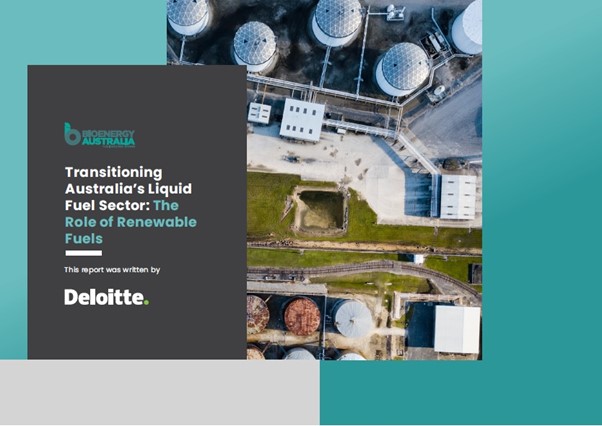The U.S. Grains Council’s (USGC’s) Southeast Asia and Oceania office recently contributed to the production and release of a liquid fuels policy report in Australia underscoring the decarbonization and economic potential the expansion of fuel ethanol use provides Australian policymakers, industry and consumers.
The report, Transitioning Australia’s Liquid Fuel Sector: The Role of Renewable Fuels, finds that replacing just six percent of the country’s petrol with ethanol would be the equivalent of taking 730,000 vehicles off the road. On top of highlighting the technical and commercial readiness of fuel ethanol in Australia, the report also outlines ethanol policy steps and recommendations, including the use of ethanol for sustainable aviation fuel (SAF) production and introducing policy levers including tax incentives and fuel carbon intensity standards.
Two Australian states, New South Wales and Queensland, currently have ethanol blending mandates of E6 and E4, respectively. However, these mandates are not enforced. The effective ethanol blending rate is two percent in New South Wales and 1.6% in Queensland. Notwithstanding the intermittent import of U.S. ethanol (5.4 million gallons in 2021 and 12.7 million gallons in 2022), Australia’s domestic industry currently supplies most of the country’s demand.
“As Australia builds out its SAF industry with ethanol-to-jet facilities and mulls potential expansion of its fuel ethanol policies for road transport, U.S. ethanol will increasingly see opportunities to participate in the 4.5-billion-gallon gasoline market,” said Chris Markey, USGC assistant regional director for Southeast Asia and Oceania.
Transitioning Australia’s Liquid Fuel Sector: The Role of Renewable Fuels was commissioned by Bioenergy Australia, with the Council contributing industry knowledge, data and financial support. The full report, which can be read here, received widespread media coverage in Australia and has been circulated to the country’s policymakers and regulators.
About The U.S. Grains Council
The U.S. Grains Council develops export markets for U.S. barley, corn, sorghum and related products including distiller’s dried grains with solubles (DDGS) and ethanol. With full-time presence in 28 locations, the Council operates programs in more than 50 countries and the European Union. The Council believes exports are vital to global economic development and to U.S. agriculture’s profitability. Detailed information about the Council and its programs is online at www.grains.org.

